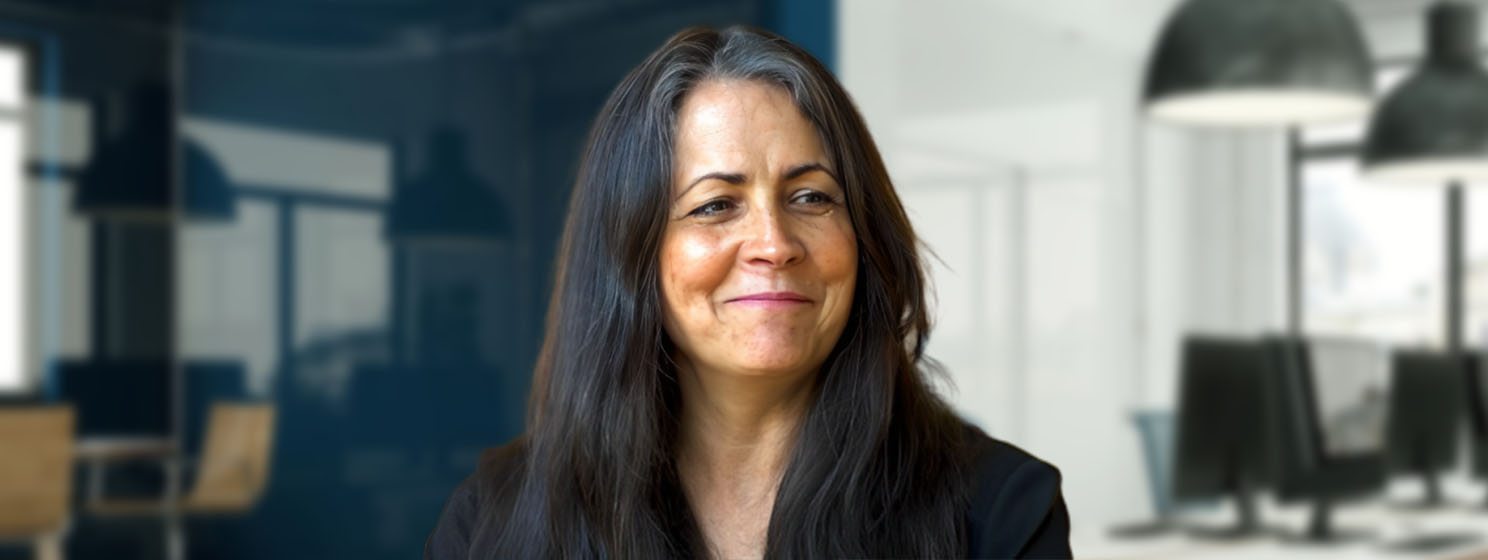|
Getting your Trinity Audio player ready...
|
Bridget Doran is an entrepreneur whose money-making ambitions are closely tied to other people’s money-giving habits. She wants to help charities by making their donors more confident that their contributions are being used in the right way.
“Donors are not always certain that their money reached their intended recipient,” she says, “and whether that money served the purpose that it was intended.”
Doran has worked in the charitable sector and deals “a lot with technology and data.” If pressed to describe her role, she calls herself a “systems consultant.” Her skills in tech led her to investigate the potential of blockchain.
Now her startup, called Traceport, brings together charities and tech, using the BSV blockchain (of which she is “absolutely a big fan”) to create a mechanism to improve accountability in non-profit organizations.
“Blockchain creates an immutable, traceable record.” Traceport will be a service that charities subscribe to. By putting their data on the blockchain itself, Traceport is not the custodian of their information. The blockchain will hold it and will still be there, whatever happens to Traceport.
Doran is convinced of the need for such a service, citing a survey that found that transparent charities receive 53% more donations.
The charities will have to pay Traceport for its service—it is a commercial enterprise, not a charity in itself—but Doran is convinced that demonstrating accountability will increase donations and more than make up for the cost of her service.
Once it has become established, Traceport will increasingly offer to monitor more detailed aspects of a charity’s operations, helping them with the audits they are required to conduct. This would begin with simply showing how money is allocated between the different programs the charity is running. But that could be only the start, as Doran explains:“The systems within charities are many, and they’re also quite fragmented, so they don’t talk to each other. So when you have an audit, it’s very hard to prove what the funds that come in were for. And so Traceport can solve that problem as well. So you could say we’ll be front-running their audits.”
Charities which can make themselves more efficient in accounting and technology could have big financial benefits. Doran claims that charities worldwide spend $75 billion on software and compliance. There must be room for improving their systems and using more of their money for the causes for which it was given.
In time, Doran hopes there will be ways for donors to pay for Traceport’s services, rather than her fees coming from the charities themselves. “Perhaps the funders would actually fund the use of Traceport, because the charities often have very low budgets.”
She is already onboarding a charity in the United States who have signed up for the Traceport pilot, “and we have a second one that we’re in very strong talks with.”
If her early customers enjoy the benefits of accountability that Doran is confident in being able to provide, they will surely be the first of many, and ultimately, it will be the good causes those charities support who will benefit most.
Watch: The next big thing? Discover startups making waves at Block Dojo Cohort 10

 03-01-2026
03-01-2026 




